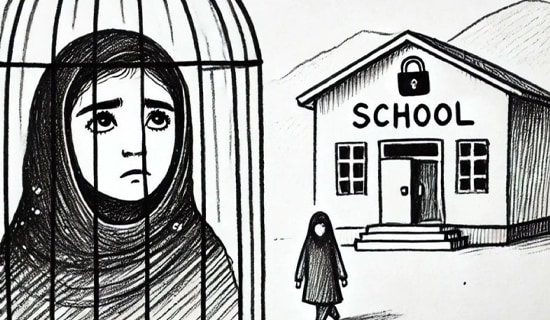There was good news for Vladimir Putin in the latest Levada Center Poll[1] discussed by Levada sociologist Denis Volkov in a broadcast on the Echo of Moscow radio station. Levada is considered an independent public opinion research organization, although it is labeled a foreign agent by the Russian Ministry of Justice, as it is the recipient of foreign grants.
A plurality of 48% of the respondents would like to see Putin continue in office after his current term expires in 2024; 41% would like him to leave office. This represents only a slight drop for Putin. In 2020, the response to the same question was 46% supporting his remaining in office with 40% opposed. Volkov attributes the decline in support " to the impact of the pension reform, and the general increase in dissatisfaction against the backdrop of the economic crisis and the pandemic."[2]

Levada Center logo (Source: Vesti.ru)
Support for Putin is correlated to the age of the respondent. Among young people (18-24 years old), the survey found that more than half (57%) would not like to see Putin continue on as president after 2024, while 31% would like him to stay. With Russians aged 55 years or more, these figures are reversed with 31% wanting Putin to leave and 59% wishing that he remain. In the in-between brackets of 25-39 and 40- 54 the results are closer 51% and 39% respectively opposed to another term and 39% and 49% in favor.
Those favoring Putin cited stability and order under his rule, his lifting the country up and a good foreign policy. Many cited the lack of alternatives and that Putin was a familiar face. The main motivation of those opposing continued Putin rule was that he had ruled enough and the need for an alternation of power. On policy issues, Putin's critics mentioned poverty, lower pensions and inflation. Liberals would be disappointed to learn that only 9% of those rejecting Putin believed that Putin had led the country into a dead end; Navalny's supporters would be similarly dismayed that only 8% cited corruption as a reason for jettisoning Putin.
Putin also benefits from the axiom coined by the legendary Chicago mayor Richard J. Daley You can't beat somebody with nobody". In the Levada poll only 6% answered "I support another leader" as a reason for wanting Putin to leave. Volkov explained:
"It's also an important argument that people don't see anyone else. On the one hand, Putin's ratings are declining, but at the same time, the ratings of other politicians have practically not increased. That is, a vacuum has been created, and there is discontent, but it is not directed at anyone. " Volkov also hinted delicately that being considered a serious political opponent of Putin may not be a good thing: "The system itself is built in such a way that any alternative that appears somewhere, disappears one way or another."

Dennis Volkov (Source: Abnews.ru)
Only slightly more than half (53%) of those who want Putin to go after 2024 intend to vote for another candidate in the elections. Another 30% do not plant to vote; 7% favor protest actions, and 5% will seek to emigrate.
In a poll, published a day earlier, a plurality of 49% believed that the country was headed in the right way as opposed to 43%, who believed the country was going down the wrong path.[3] Putin received a healthy 65% approval rating for his performance vs. 34% disapproval. Prime Minister Mikhail Minshustin received 55% approval. The governors received a 61% approval rating, while the government, a whole and the Duma were in negative territory.
While Putin's approval rating was high, when respondents were asked to name the political figure that they most trusted Putin scored 35%. The good news for Putin is that he is considered far more trustworthy than other political figures. The runners up are his lieutenants Foreign Minister Sergei Lavrov, and Defense Minister Sergei Shoigu. Alexei Navalny was named the most trusted by only 3%, reflecting his inability to score a breakthrough in Russian public opinion despite what he has gone through recently. In a commentary on the state of Russian politics, 22% of the respondent answered that they did not trust anybody.




